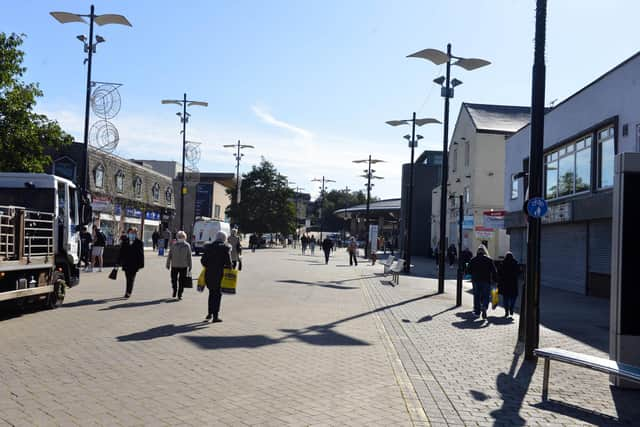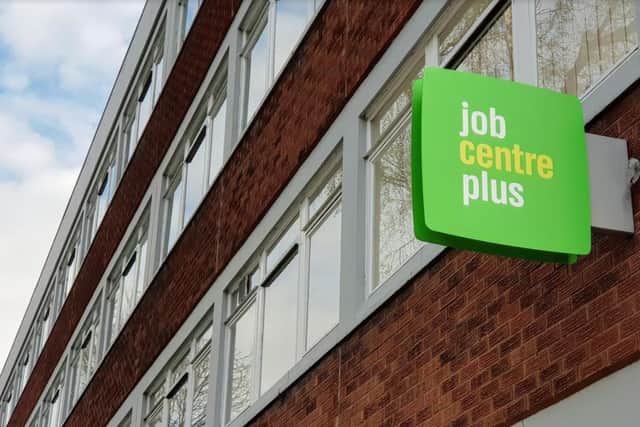‘Deep and lasting scar’ fears as mental health referrals in Sunderland drop during pandemic
and live on Freeview channel 276
It comes as the mental health charity Mind called on the Government to go further to tackle the “deep and lasting scar on the nation’s mental health” that an economic recession will bring.
The latest NHS figures show 2,855 people on Wearside were referred to the Improving Access to Psychological Therapies (IAPT) service in care commissioned by NHS Sunderland Clinical Commissioning Group, through multiple providers, between April and August – 795 fewer than the same period last year.


Advertisement
Hide AdAdvertisement
Hide AdIAPT provides therapy for adults with common problems such as depression and anxiety, but Mind has warned that people have struggled to access face-to-face support this year – particularly during the first lockdown.
Referrals fell by -22% in April compared to April 2019.
It was the same picture across England, with referrals falling by 57% in April, and down by 29% for April to August as a whole.


Charity the Mental Health Foundation has said it fears the effect rising unemployment because of the pandemic will have on the UK’s mental health.
Research led by the charity in May found evidence of “serious mental health problems” developing among unemployed people.
Advertisement
Hide AdAdvertisement
Hide AdOne in five unemployed people surveyed said they had had suicidal thoughts in the past two weeks, while more than a third of people in full-time work were worried about losing their job.
Office for National Statistics figures show the unemployment rate in the UK rose to 4.8% between July and September, up from 3.9% in April to June.
In the North East, the unemployment rate was 6.7%.
Local employment figures are only available for the 12 months to June, and show the unemployment rate in Sunderland was 5.9% down from 6.2% in the 12 months to March.
However, the number of people claiming Universal Credit has increased by 70.4%, from 18,122 in February to 30,880 in October.
Advertisement
Hide AdAdvertisement
Hide AdAcross Great Britain, the number of claimants has almost doubled, from 2.9 million to 5.7 million.